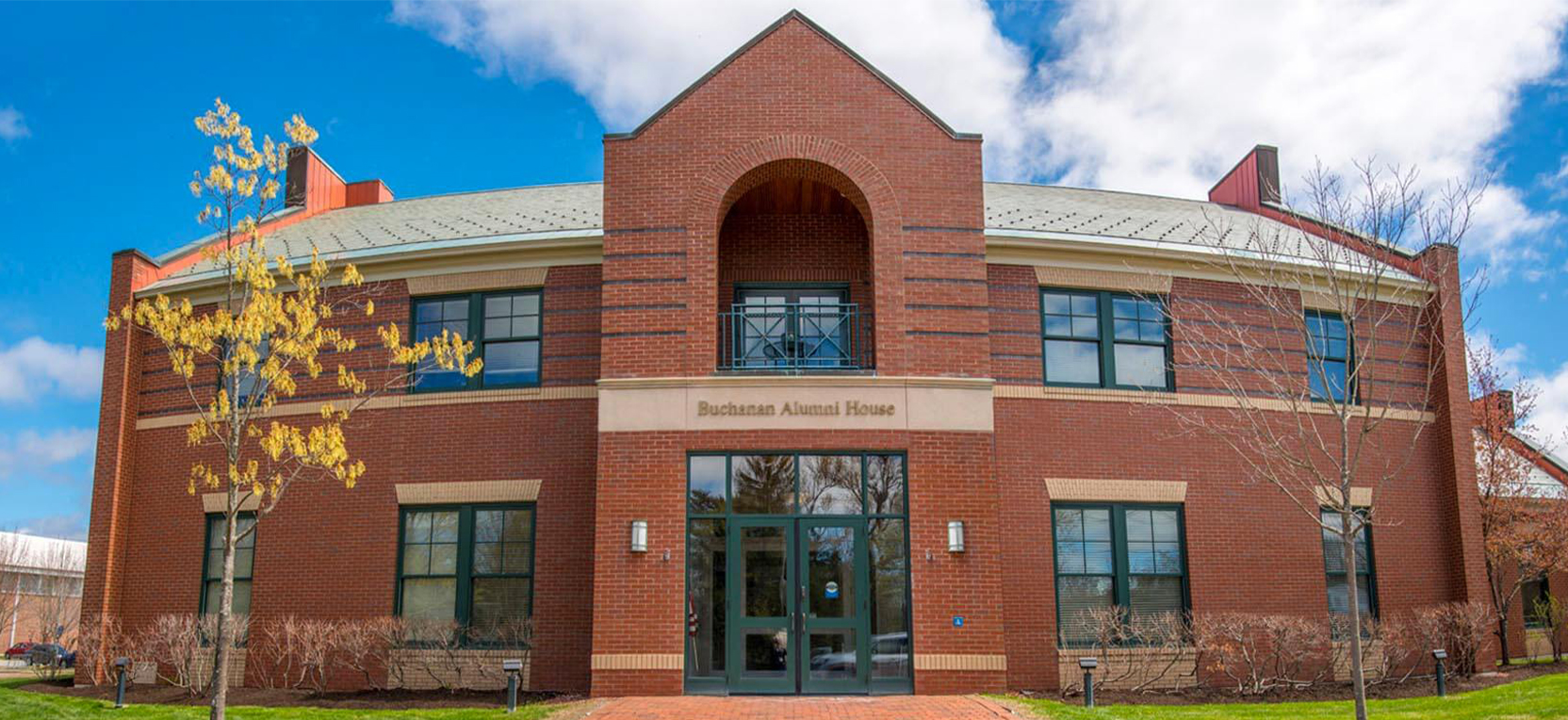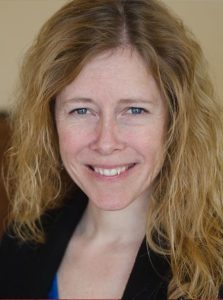
UMaine combines honors for community trailblazers on International Women’s Day
Kara Hay | Maryann Hartman

The unhoused population in Maine has more than tripled since 2020, from about 1,300 people to a current estimate of 4,300. Organizations such as Penquis create opportunities and programs to help individuals survive the state’s harsh natural environment, from those who don’t have a home to those who can’t afford to heat one.
Chief Executive Officer and President of Penquis Kara Hay said the combination of the COVID-19 pandemic and Maine’s housing shortage has sparked a record increase in homelessness. Rural areas surrounding Bangor lack resources, encouraging the state’s third-largest city to swell with individuals seeking community-based services — availability of which is largely due to Penquis and the work Hay has advanced since 2014.
Hay is one of two recipients of the 2024 Maryann Hartman Awards and will be honored at a reception held at the University of Maine on International Women’s Day, March 8.
Penquis is Maine’s largest community action agency and serves more than 30,000 people per year in the areas of education, health, housing, transportation, family well-being and financial wellness. Under Hay’s leadership, Penquis has received recognition from the Bangor Region Chamber of Commerce, Maine Sheriff’s Association, MaineHousing, Small Business Association, IRS and Community Transportation Association of America.
As CEO, Hay advocates for state policy that will improve social programs and assistance to help low income families and unhoused individuals. Her work with Maine’s congressional delegation has drawn support for anti-poverty programs, such as the Neighborhood Reinvestment Act and Community Services Block Grant. She also backed the state allocation of nearly $470 million for supporting the unhoused population and the Home Energy Assistance Program (HEAP).
Hay participates in panel discussions as a nationally recognized field expert and presents information relating to poverty and community development to directors of organizations and corporations. She is a leading member of various groups, such as the Northern Light Acadia Hospital Board of Trustees, Alliance for Addiction and Mental Health Services Maine Board of Directors and National NeighborWorks Association Board of Directors. She has also been selected for three national leadership awards and three leadership fellowships.
She said the biggest challenge families in Maine are faced with is finding an affordable place to live.
“When a low-income household resorts to paying half of its income toward housing costs, it impedes the ability to pay other expenses, like food and heat, limits ability to save and puts the household in a position where it cannot handle unexpected significant expenses, like a costly car repair,” said Hay.
A new study from the Office of Gov. Janet Mills reported that Maine needs an additional 80,000 homes by 2030. In the past 25 years, Penquis has developed 338 affordable housing units and preserved an additional 97 units. Hay continues to prioritize housing with another 259 units in the planning or funding stages and a new collaboration with the UMaine Advanced Structures and Composites Center to build a neighborhood of bio-based, 3D-printed homes.
For older adults, Hay has influenced policy to sustain assisted living facilities. And to the benefit of children, she has brought community schools to Maine that find solutions for unstable housing, inadequate healthcare, hunger, trauma or domestic violence.
Contact: Ashley Yates; ashley.depew@umaine.edu
